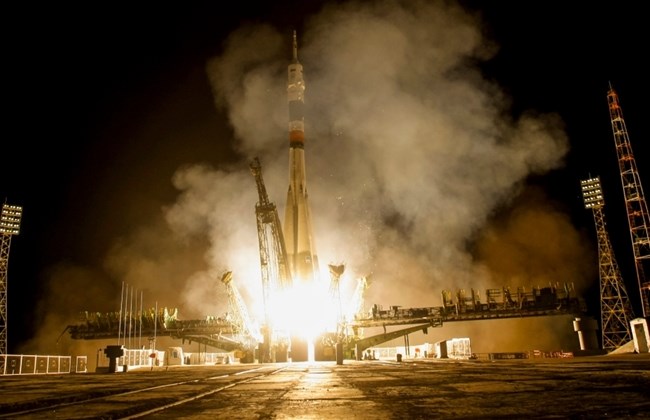
Iraq’s Kurds will be voting again in a parliamentary election that could disrupt the delicate balance of power in their semi-autonomous region.
The vote on Sunday comes a year after a failed bid for independence that put the region under Baghdad’s economic and political pressure.
With opposition parties weak, the Kurdistan Democratic Party (KDP) and Patriotic Union of Kurdistan (PUK) are likely to extend their almost three decades of sharing power.
But splits within the PUK present the possibility that Masoud Barzani’s KDP will take a dominant position in Kurdish politics, both in the regional capital Erbil and in the difficult formation of a federal government in Baghdad.
Last year’s contentious referendum on independence, led by Barzani, promised to set Iraq’s Kurds on a path to a homeland.
Instead, a swift backlash from Baghdad dashed those prospects and diminished the region’s autonomy.
Speaking on the vote’s first anniversary, Barzani, who stepped down as Kurdish president in the aftermath, told thousands of flag-waving men in Erbil: “We will never give up our dignity or honour.”
Barzani, still the KDP’s leader and main vote-getter, also added that “even 1,000 years of war won’t solve the problem”.
Even though relations with Baghdad have improved, the Kurdish region has lost territory and economic autonomy, and voter frustration is rising.
The PUK and the Erbil-based Barzani clan’s KDP together form a dynastic duopoly predicated on patronage in the regions they respectively control.
Low turnout expected
Years of stagnant politics, unpaid salaries and corruption have undermined faith in politics and shrunk the turnout in recent elections.
The situation was not helped by the suspension of parliament between 2015 and 2017 due to in-fighting.
But most major parties say they do not expect more than about 40 percent of the 3.85 million registered voters to go to the polls – below even the record low of 44.5 percent who voted in the federal election.
A low turnout could benefit the KDP and PUK, whose voters tend to be more committed, respecting their role in establishing autonomy after the Gulf War of 1991.
The KDP also commands some respect for ushering in the referendum, despite the negative consequences for the region, while the PUK has yet to heal the internal rifts that opened when its founder Jalal Talabani died in 2017.
The election will cast a shadow in Baghdad, where the KDP and PUK are competing for the post of federal president, reserved for Kurds ever since a US-led coalition toppled Saddam Hussein in 2003.
Though historically the position has been filled by the PUK, the KDP have fielded their own candidate.












